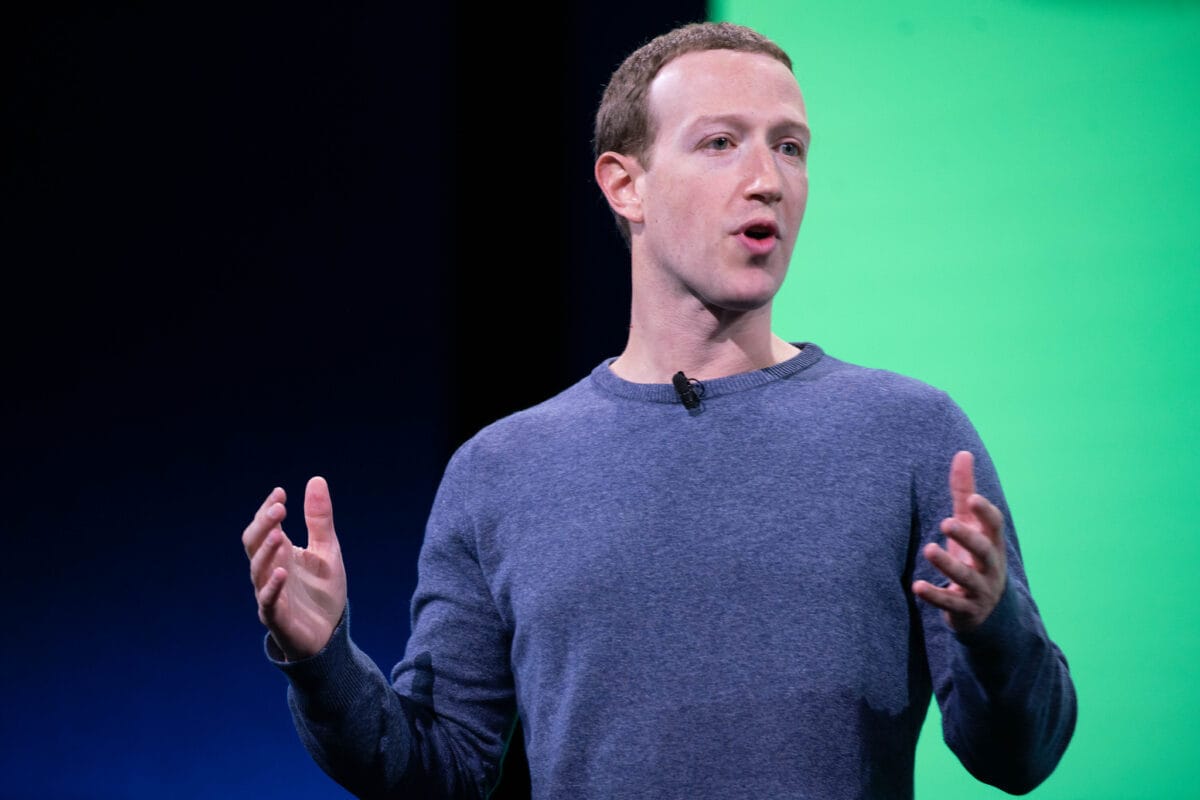New BroadbandNow Report, Trump’s Dangerous Section 230 Precedent, Zuckerberg Calls ‘Secret Deal’ Ridiculous
Roughly one million school-aged children live in counties with less than 50 percent wired broadband coverage, BroadbandNow found in a new report. Of these counties, over 230,000 have poverty rates of over 30 percent. The report found that numerous areas across the United States are woefully unprepar










Member discussion